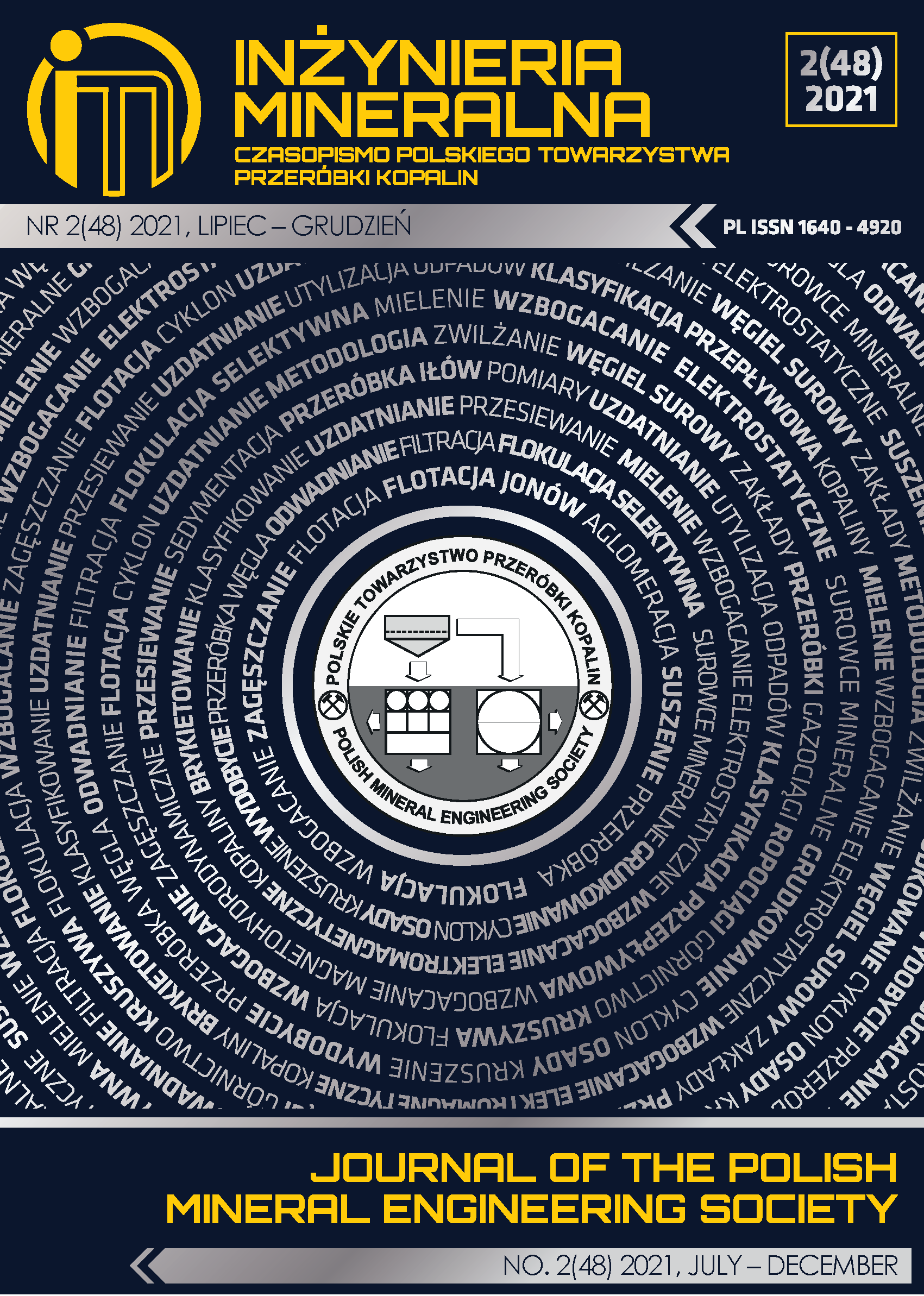Integration of Delphi Technique and Analytical Hierarchy Process Method in Assessment the Groundwater Potential Influence Criteria: A Case Study of the Ba River Basin
Abstrakt
Water is a boon for all living beings over the world and groundwater is considered one of the
indispensable natural sources of potable water. It is necessary to assess and predict the groundwater
potential to provide insights for decision-makers for proper planning and management of groundwater.
The occurrence of groundwater depends on hydrological, ecological, climate, geological, and
physiographical criteria. The purpose of the present study is to choose and attribute scores to all various
factors that affected groundwater prospects in the Ba river basin. Firstly, the Delphi method was applied
in the expert-based survey to choose six parameters that are considered as influencing factors, namely,
lineament density, rainfall, slope, land cover, drainage density, and geology. Then, the weights for the
various factors were generated using the Analytic Hierarchy Process (AHP) approach which allows the
pairwise comparison of criteria influencing the potential areas. The consistency analyses show that the
findings were consistent with a previous study. The consistency and sensitivity analyses showed that the
obtained results were coherent, providing the weight vector of the achievable criteria that affect the
groundwater prospect in the study area. The study reveals that lineament density and slope are criteria
affecting the most prominent groundwater occurrence with 35.1% and 20.1%, respectively. However, the
influence of other factors (rainfall, land cover, drainage density, and geology) is not visible. These criteria
are assigned to the small weights and do not have a significant influence on the groundwater potential.
The study results provide baseline
Copyright (c) 2021 Tuyet Minh DANG ,Le Tung Duong NGUYEN

Utwór dostępny jest na licencji Creative Commons Uznanie autorstwa – Na tych samych warunkach 4.0 Miedzynarodowe.
Czasopismo pozostawia część majątkową praw autorskich autorowi.
Czasopismo zezwala autorom i zachęca ich do zamieszczania swoich artykułów na prywatnych stronach internetowych oraz w instytucjonalnych repozytoriach. Dotyczy to zarówno wersji przed opublikowaniem, jak i wersji po publikacji. Udostępniając swoje artykuły są zobowiązani do zamieszczenia szczegółowych informacji bibliograficznych, w szczególności (o ile to tylko możliwe) podania tytułu tego czasopisma.







.png)
